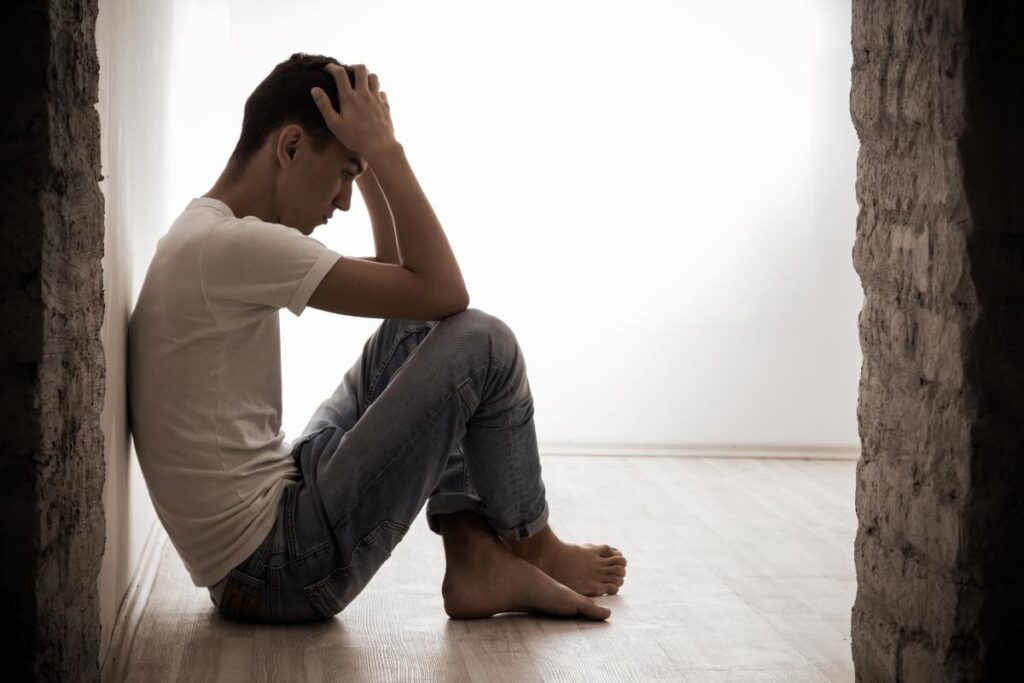When used together, drugs and alcohol either heighten or reduce their effects. This interaction of substances in the body can cause severe side effects or lead to overdose. The dangers of mixing substances are often unknown to users, who either experiment with different substances or combine them unknowingly.
People who use prescription medications such as benzodiazepines or opioids often take them at the same time as alcohol or marijuana, not realizing that they can cause devastating side effects or a lethal overdose. Addiction treatment programs in Massachusetts provide extensive treatment for polysubstance abuse and addiction. Contact Washburn House at 855.298.3104 for information about our drug rehab center.
Why Do People Mix Drugs?
In spite of the dangers of mixing substances, people mix drugs for a variety of reasons, including:
- A more powerful euphoria – One of the motivators of mixing drugs is to get as high as possible. Regardless of the drug, users and developers try to maximize its effect for as long as possible. This endless pursuit of the ultimate euphoric sensation causes people to combine almost any type of drug.
- The body’s tolerance to the effects of the drugs – All drugs are potent at first. As a person continues to consume a drug, its potency starts to wear off. This is because the central nervous system develops a tolerance to the drugs. A person may combine two or more substances to maintain the same feeling they experienced at the beginning.
- Unawareness of the dangers of combining drugs – Part of the purpose of substance abuse treatment programs is educating clients on what it is they are consuming. Most people do not realize that the prescription medication, illicit drugs, or alcohol they are taking puts them at risk of side effects or overdose. They are also unaware of how dangerous it is to combine these substances.
That unawareness of the dangers of combining drugs can be lethal for a number of reasons. It is vital to seek help immediately for polysubstance abuse.
What Are 3 Dangers of Mixing Substances?
Mixing substances carries many serious risks, three of which are the potential immediate danger from side effects, the long-term effects of chronic abuse, and the unpredictability of drugs in general.
1. Side Effects
Every drug has its own list of adverse side effects, but when two or more substances are used in combination, the person who has taken them assumes the side effects—and risks—of them all simultaneously. This is on top of any potentially dangerous medication interactions that could occur when mixing substances. Some dangerous side effects of polysubstance abuse include psychosis, stroke or heart attack, worsening mental illness, seizures, coma, and sometimes even death.
2. Long-Term Effects of Chronic Abuse
Substance abuse of any kind shortens life expectancy, but polysubstance abuse can cause serious issues within the body and brain. Depressants like Xanax or Valium, when habitually combined with alcohol, can cause memory loss, dizziness, and slow down the central nervous system. Combined stimulants increase the heart rate and blood pressure, and can also impair judgment and coordination. Chronic substance abuse can also lead to early-onset dementia.
3. Drugs Are Unpredictable
Whether illicit, prescription, or fully legal to purchase, drugs are unpredictable. It is easy to be caught by surprise when consuming a glass of wine on a new medication when one becomes dizzy and tired. When a person mixes substances intentionally, many believe it will lead to a more pleasurable experience, but the reality is that the combination creates a higher risk of injury or fatality. Illicit drugs carry the additional risk of potential impurity or being laced with something like fentanyl.
Help is available for anyone struggling with substance abuse and addiction. The best and safest way to begin your recovery process is with help and support from a professional addiction treatment facility.
Drug Addiction and Treatment
A chronic drug user eventually becomes addicted to the substance, abusing multiple drugs at once over long periods. This level of polysubstance abuse requires extensive treatment from an inpatient rehab center in Massachusetts. A treatment center provides an array of treatment and programs such as:
- Medical detox center
- Evidence-based treatment
- Holistic care
- Individual, family, and group therapy
- Dual diagnosis treatment
- Aftercare programs
Treatment begins with detox. The initial period involves cleaning multiple drugs out of the body while going through withdrawal symptoms. Once detox is complete, a client goes through a comprehensive assessment to determine what type of treatment is best. Dual diagnosis offers assessment and treatment for all addictions and mental disorders. Aftercare programs allow an individual to continue their treatment and support after rehab is complete.
Polysubstance Abuse Treatment at Washburn House
Learn more about the dangers of mixing substances at Washburn House. We provide comprehensive care for all types of addiction at our drug rehab center in Massachusetts. Contact us by calling 855.298.3104 or filling out our online form to learn more about your treatment options.

